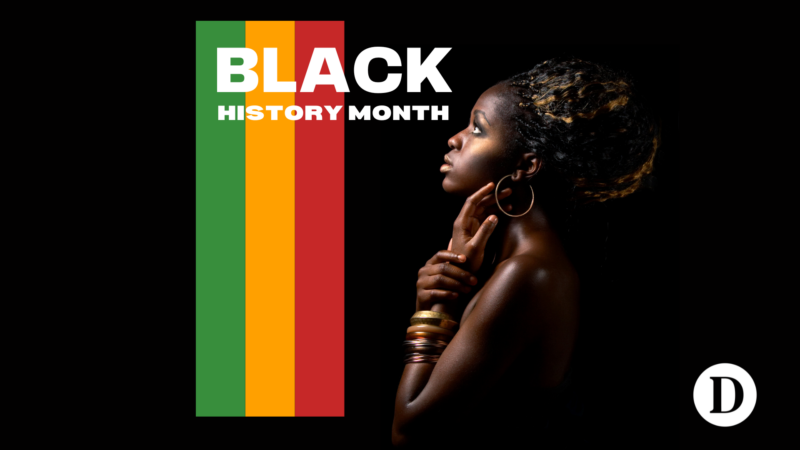Systemic Racism in Youth Protection: A Dialogue Between Black and Indigenous Communities Feb. 27
At the end of this year’s Black History Month, IRERR, in partnership with CRARR, will be hosting a roundtable discussion on the common experiences and barriers of systemic discrimination faced by members of Indigenous and Black communities in youth protection services in Québec.
This event will take place on February 27th, 2023, from 17:00 to 19:30, at Dawson College in the Amphitheater 4C.1, accessible from the Atwater metro station.
The event, entitled “Systemic racism in youth protection: a dialogue between Indigenous and Black communities”, will examine the racial profiling experienced by Indigenous and Black Communities within youth protection and its effects, as documented by the Native Women’s Shelter of Montreal, the Laurent Commission on youth protection reform and the Quebec Human Rights and Youth Commission and other organizations.
Both these communities have been subject to differential and disproportionately adverse treatment by the youth protection system. Their overrepresentation in said system is an indicator. For instance, Assistant Professor of McGill’s School of Social Work Alicia Boatswain-Kyte found that in Montreal, in 2011, Black children represented 9% of children from the general population aged 15 and under, but they made up 24% of screened-in child protection reports.
The Viens Commission reported in its 2019 report that the number of First Nations children placed in alternate care (foster care, extended family, rehabilitation centres or group homes) is 8 times higher than non-Indigenous children.
More recently, the Laurent Commission (2021) stated that Black children were found to be 2 times more likely to be reported to the DYP if they live in a majority-Black neighborhood, and 10 times more likely to be reported if they live in a Non-Black neighborhood.
This February 27th panel will address issues such as causes of overrepresentation of Indigenous and Black youths, the differential treatments they experience, and the impact of race discrimination on the families and children involved. This forum will also present the voices of children and parents from both communities who are or who have been in youth protection.
Speakers include:
- Nakuset, Executive Director, Native Women’s Shelter of Montreal
- Ayanna Alleyne, President and James Durant, Intervention Worker, Côte des Neiges Black Community Association
- Wesley Crichlow, Professor, Critical Race Theory, Theorizing Anti-Blackness, intersectionality and Decoloniality, Ontario Tech University, and
- Fo Niemi, Executive Director, CRARR.
Outlined during this discussion are preliminary results of IRERR’s findings from interviews and town hall discussions held by IRERR last year on racial profiling in youth protection will also be presented at this forum. This research was undertaken as part of IRERR’s project CURE (Communities United for Racial Equality) of mobilizing communities against racial profiling in three sectors, namely i) policing; ii) education; and iii) youth protection. Results will be released in the morning of February 1st during a press conference preceding the roundtable. IRERR’s community mobilization project is funded by the Anti-Racism Action Program of the Department of Canadian Heritage.
IRERR and CRARR acknowledge the support from the following partners: Dawson Student Union, Dawson Teachers Union, Decolonization and Indigenization Studies, Peace Studies, Social Service Program, Nursing Program and Social Science Program.
The event is open to members of the public.
Dawson sponsors are the Dawson Student Union, Dawson Teachers’ Union, Decolonization and Indigenization Studies, Peace Studies, Social Service Program, Nursing Program, and the Social Science Program.
Systemic Racism in Youth Protection: Monday, Feb. 27 from 5 p.m. to 7 p.m. in 4C.1 at Dawson. All are welcome.



